Press Release
SydeLabs Raises $2.5m to Solve Security and Risk Management for Generative AI
–News Direct–
Globally, policymakers continue to be concerned about the security and safety risks of Generative AI.1 Today, security & risk management startup SydeLabs announced their seed funding round of $2.5m to build solutions aimed at securing GenAI systems for enterprises. The funding round was led by RTP Global and also saw participation from Picus Capital and marquee angel investors.
The adoption of Generative AI has opened a new cybersecurity attack surface for those leveraging the technology. SydeLabs comprehensive AI security and Risk Management solutions address this emerging concern. The company offers solutions to identify security and safety vulnerabilities in enterprise AI systems and prevent them in real time, helping mitigate cybersecurity attacks and abuse. Founded by Ruchir Patwa and Ankita Kumari, SydeLabs mission is to make AI applications safe, secure and resistant to abuse.
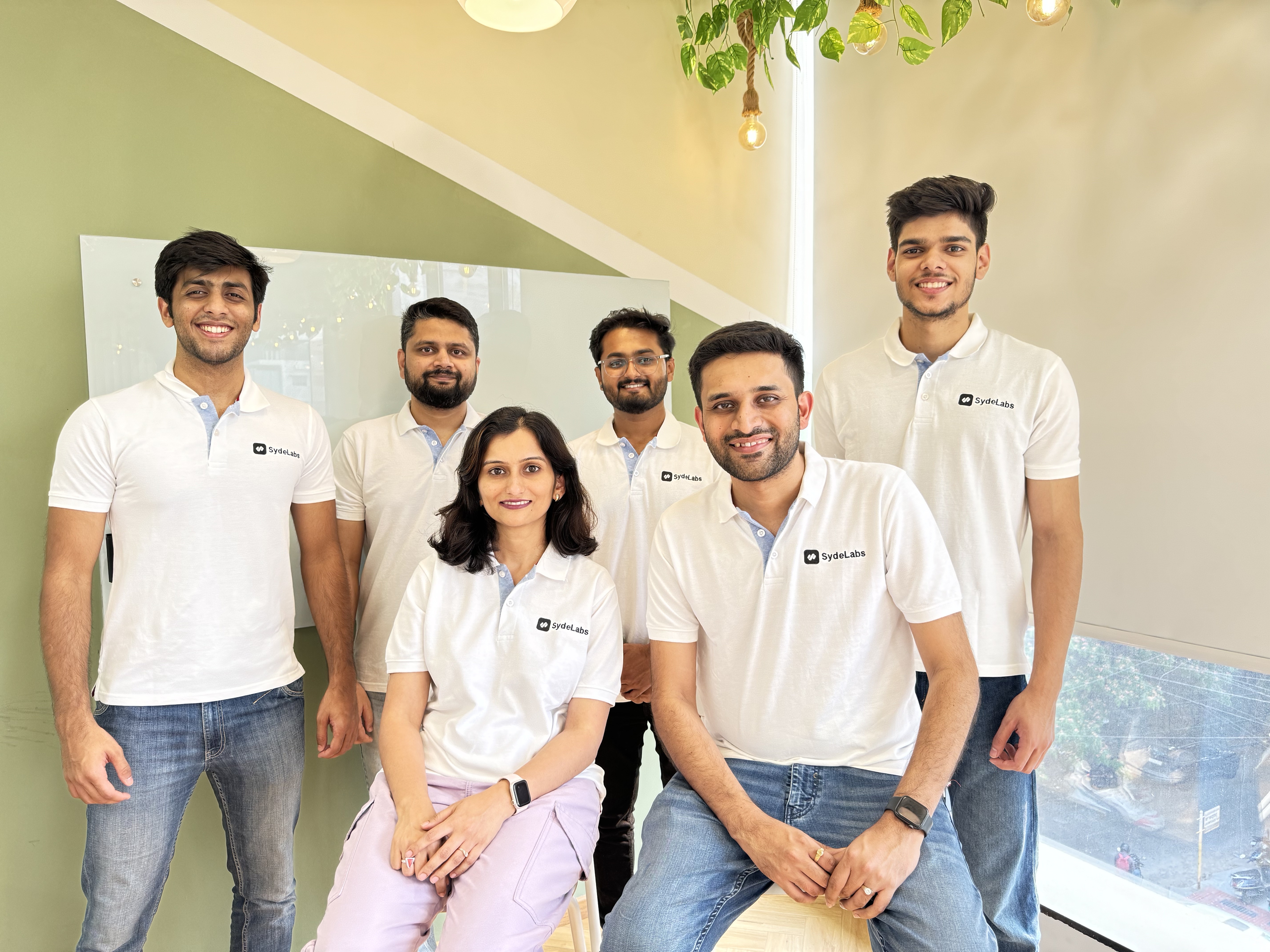
Ruchir Patwa is a cybersecurity expert with over 10 years of experience, most recently leading security teams at Google and Mobile Premier League. Ankita Kumari compliments this skillset with her experience as a veteran of product leadership positions, including building fraud and risk management solutions at McKinsey & Company, Mobile Premier League and CRED. Together they have worked extensively on security, risk and fraud management.
Ankita Kumari, co-founder at SydeLabs commented: While we were working on solving security and fraud-led business problems, we saw how business growth and profitability was fuelled by the adoption of risk mitigation measures, despite these measures usually being seen as cost sinks. Since then we knew we wanted to build solutions in the vulnerability and risk management space to address these growing concerns.
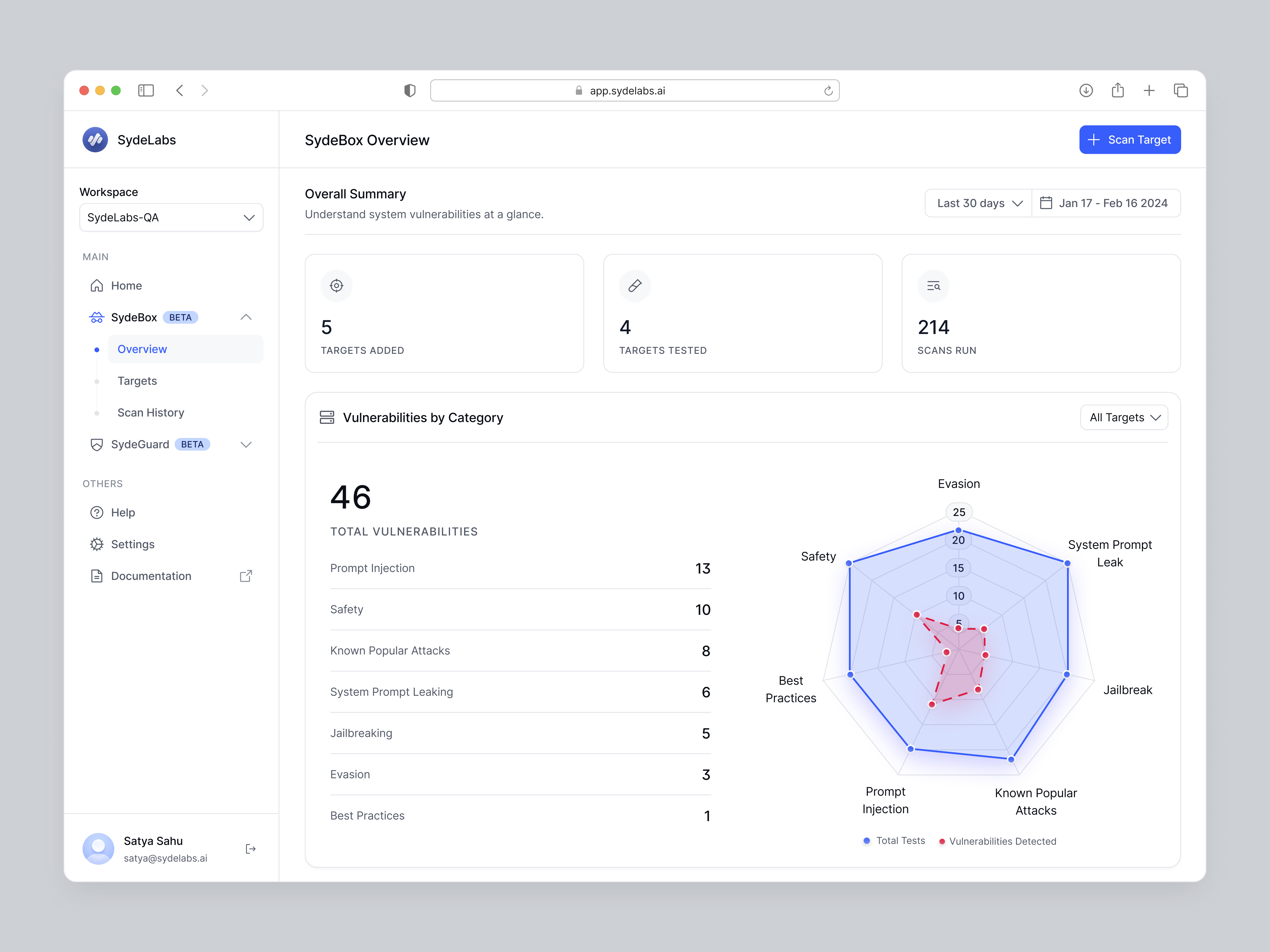
Ankita Kumari added The adoption of Generative AI in enterprise organisations has seen the cybersecurity attack surface increase substantially. From a security point of view, companies are now bringing a human-like element into systems that were previously not susceptible to social engineering and manipulation. From a compliance perspective, we see systems having access to internal and user data with the ability to take action on that data. We also see the reputational risks emerging with adoption of GenAI systems that can generate undesirable content which can cause harm to a brand, loss of goodwill and further legal risk.
In their market research with CISOs globally, SydeLabs are seeing increased acknowledgement of these vulnerabilities as enterprises are rapidly adopting Generative AI for various business use cases.
As the company looks to be a holistic AI Security and Risk Management Platform, its solution suite helps detect and prevent vulnerabilities in AI systems thus avoiding attacks, abuse and non-compliance. By focusing on the intent of attackers, rather than using traditional pattern matching approaches that are traditionally used for cybersecurity, the company is going further in its cybersecurity offering.
Ruchir Patwa, co-founder at SydeLabs concluded: We are building a comprehensive platform for risk management of Generative AI systems, across the entire development lifecycle. This can give a huge productivity boost to enterprises and prevent costs associated with inaction around security and compliance threats. We want to give confidence to enterprises to deploy GenAI applications without having to worry about security and safety blindspots.
Galina Chifina, Partner on RTP Globals Asia Investment team added: We are super excited about the potential SydeLabs has in setting new standards for AI applications that are as secure as they are ground breaking. We love the vision of Ruchir and Ankita and are happy to back them so early in their journey. SydeLabs' approach to AI security showcases the kind of forward-thinking application of technology we champion at RTP."
About SydeLabs
SydeLabs is building a holistic AI Security and Risk Management Platform to minimise risks and cybersecurity threats in AI systems. Founded by Ruchir Patwa and Ankita Kumari, in March 2024, SydeLabs raised $2.5m in a round led by RTP Global and Picus Capital. For more information please visit https://www.sydelabs.ai/
Contact Details
SydeLabs
Bilal Mahmood
+44 7714 007257
Company Website
View source version on newsdirect.com: https://newsdirect.com/news/sydelabs-raises-2-5m-to-solve-security-and-risk-management-for-generative-ai-566933759
SydeLabs
COMTEX_449975028/2655/2024-03-28T10:04:58
About Author
Disclaimer: The views, suggestions, and opinions expressed here are the sole responsibility of the experts. No Digi Observer journalist was involved in the writing and production of this article.
Press Release
Exploring Advantages of Decentralized Identity Solutions
Dubai, UAE, 27th April 2024, The topic of decentralized identity (DID) solutions is gaining traction as DeFi platforms continue to grow and evolve. DIDs provide users with the ability to control their personal information and digital identities while engaging with DeFi platforms and other blockchain-based applications. In doing so, these solutions offer greater trust and transparency, which is vital for the blossoming of the DeFi industry.
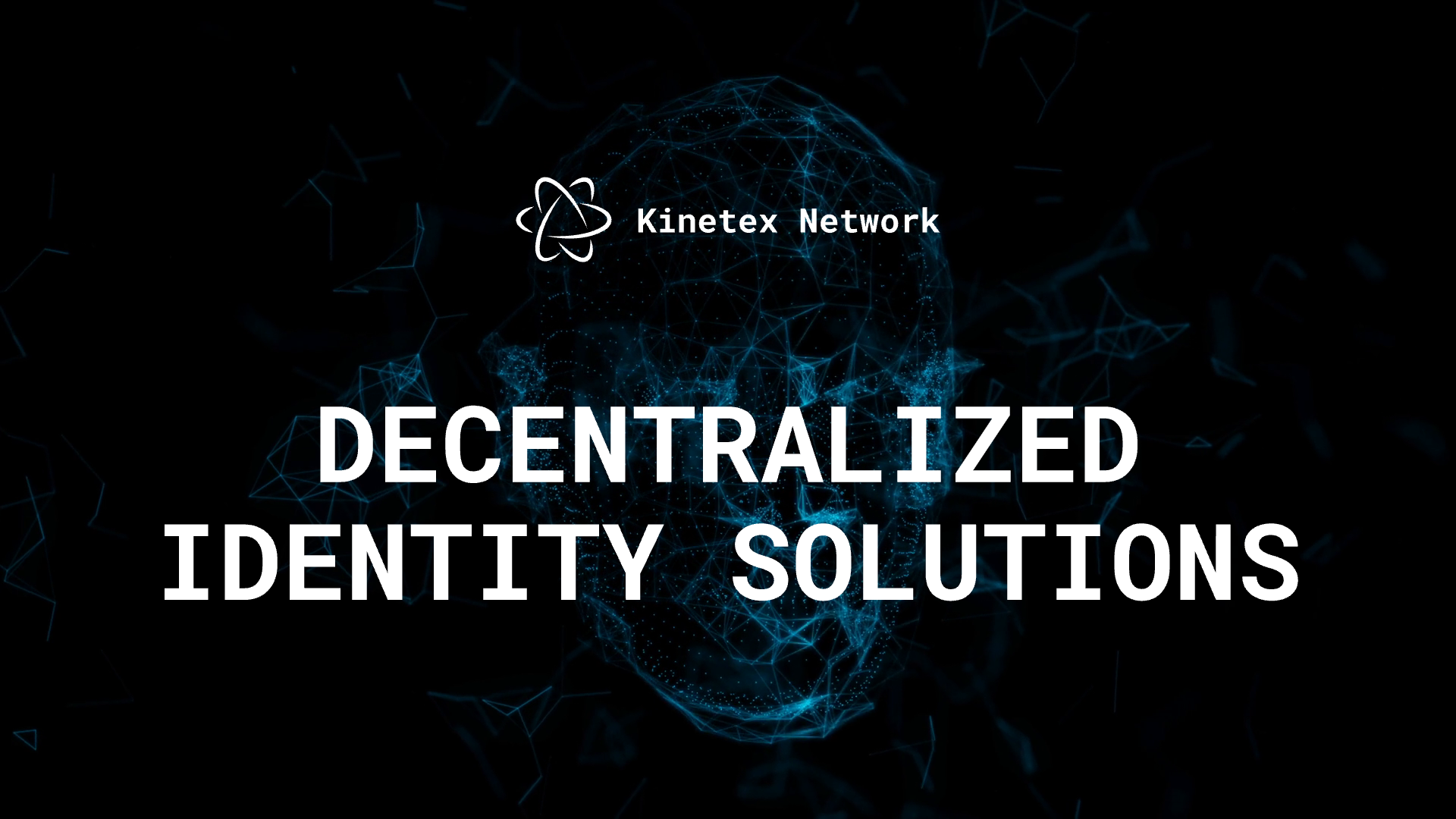
Privacy & Security
Of course, the main advantage of DIDs is improved privacy and anonymity. DID solutions allow users to oversee their digital identities and decide how much may be revealed. To ensure a user-controlled approach, DID solutions leverage cryptography, blockchain, zero-knowledge, and other decentralized technologies that help validate identity without compromising it or storing essentially copies of it on each platform. It dramatically contrasts standard identity systems, where personal information is stored in centralized databases controlled by either a platform or a third party, having a say in sharing it when and with whom they see fit, including marketing firms. Besides privacy concerns, such centralization approaches expose users to data breaches and identity fraud.
To safeguard the privacy and provide secure authentication methods, DID solutions employ zero-knowledge technology, namely ZK proofs and other privacy-preserving mechanisms. These enable users to prove certain attributes without revealing unnecessary personal information, ensuring users’ anonymity while accessing various DeFi products and services. In addition, robust authentication minimizes the risk of identity theft and fraud mentioned above.
Regulations
DIDs can also help address regulatory concerns that many crypto users have. As regulators increase their scrutiny of the blockchain space, DID solutions provide a pathway for platforms to meet compliance requirements while preserving the core principles of decentralization and user privacy.
Compliance with regulatory requirements, such as Know Your Customer (KYC) and Anti-Money Laundering (AML) regulations, can be achieved through selective disclosure and consent-based data sharing. This way, DeFi platforms will not lose users who value their privacy and, at the same time, will receive the support of governments and regulating organs, which may be pretty useful for introducing fiat services or punishing crypto criminals.
Enhanced User Experience
DID solutions can significantly enhance user experience by providing a single, secure identity that can be used across the DeFi industry. By establishing a common identity framework, DID solutions foster interoperability among various decentralized platforms, eliminating the need for redundant identity verification. This identity persistence allows for consistent user experiences, simplifying the onboarding process when switching to new platforms.
From the projects’ perspective, such streamlining of user experience is also crucial as it may help enhance the community’s trust in the DeFi sector, as well as its credibility. DIDs may speed up the establishment of trust with new projects since users will not have to worry about the security of their identities.
Innovations
Next, DID solutions create opportunities for innovation in the DeFi space by enabling new use cases and applications. Developers can build new applications and features that leverage user-controlled identities and credentials. For example, decentralized identity can facilitate lending and borrowing based on users’ creditworthiness without undermining privacy.
Concluding Thoughts
As the DeFi space grows and matures, DID solutions will play a crucial role in shaping the future of decentralized finance. By putting users in control of their digital identities, such solutions can enhance the privacy, security, and compliance of many DeFi platforms and apps. By embracing DIDs, DeFi builders can create a more secure, user-friendly, and innovative financial ecosystem that benefits the blockchain community, thus driving the adoption of DeFi and other blockchain applications.
Kinetex Network: Website | Kinetex dApp | Blog
About Author
Disclaimer: The views, suggestions, and opinions expressed here are the sole responsibility of the experts. No Digi Observer journalist was involved in the writing and production of this article.
Press Release
Vietnam Visa For Greek, Irish, Iceland, Indian, Hungarian Citizens
VIETNAM VISA FOR GREEK CITIZENS
With the exception of citizens from visa-exempt countries, almost all individuals from these nations have to get a Vietnam visa prior to their trip to Vietnam. Verify if your name appears on the list of individuals exempt from needing a visa to travel to Vietnam, or if it does not. If you intend to spend fewer than 30 days in Vietnam on one visit, you will need to obtain a Vietnam e-visa. Citizens from Greece and nationals of 80 other countries are eligible to submit an application for a Vietnam e-visa. Greek residents have the option to acquire a Vietnam E-visa. Citizens of Greece have the option to request a one-month, single-entry electronic visa for purposes including business, tourism, employment, studies, and training. The online Vietnam Visa application form for Greek people can be completed in as little as ten minutes. On the passport page, applicants must include personal information, contact information (email and address), and employment information.
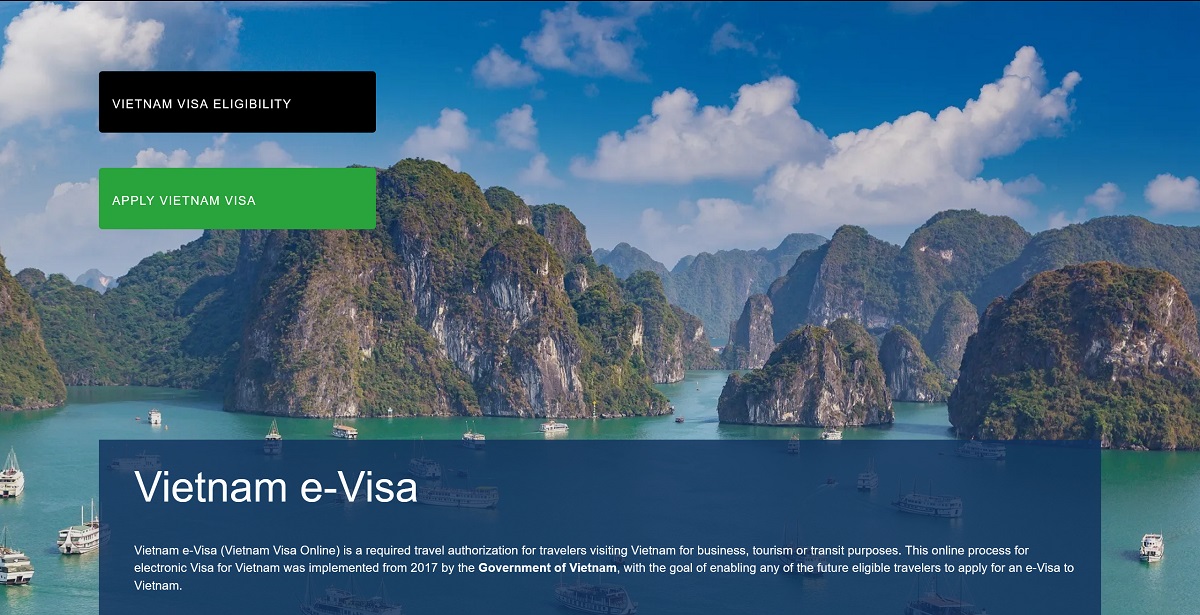
REQUIRED DOCUMENTS FOR GREEK CITIZENS
-
Possess a passport valid for 180 days on their arrival date in Vietnam.
-
Share digital copies of their passport’s biographical page and a recently taken ID photo.
-
Supply a debit or credit card to pay the processing fee for their electronic visa.
-
Have their travel itinerary ready.
-
A valid Email address where notifications and the approved e-Visa will be sent.
VIETNAM VISA FOR HUNGARIAN CITIZENS
Except for citizens of specific countries, all foreigners need to get a visa for Vietnam prior to traveling there. Verify whether your name is included in the list of individuals exempt from requiring a visa for entry into Vietnam, or if you are required to go through the visa application process. If you plan to stay in Vietnam for less than 30 days on one visit, you will need to request a Vietnam e-visa. Citizens of Hungary, along with people from 80 other countries, have the option to apply for a Vietnam e-visa. Citizens of Hungary are eligible to obtain an electronic visa (E-visa) for Vietnam. Hungarian passport holders can obtain a one-month E-visa for single entry for different reasons such as business, tourism, work, study, and training. The online Vietnam Visa application form for Hungarian people can be completed in as little as ten minutes. On the passport page, applicants must include personal information, contact information (email and address), and employment information.
REQUIRED DOCUMENTS FOR HUNGARIAN CITIZENS
-
Possess a passport valid for 180 days on their arrival date in Vietnam.
-
Share digital copies of their passport’s biographical page and a recently taken ID photo.
-
Supply a debit or credit card to pay the processing fee for their electronic visa.
-
Have their travel itinerary ready.
-
A valid Email address where notifications and the approved e-Visa will be sent.
VIETNAM VISA FOR ICELANDIC CITIZENS
Everyone from those countries needs to get a Vietnam visa before going to Vietnam, except for citizens of visa-exempt countries. Verify if your name is included in the list of individuals exempt from obtaining a visa for entry into Vietnam, or if you are required to request one. If you plan to stay in Vietnam for less than 30 days with one entry, you will need to request a Vietnam e-visa. People from Iceland and 80 other nations are eligible for a Vietnam e-visa. Icelandic nationals have the option to acquire an electronic visa to enter Vietnam. Icelandic passport holders can apply for a one-month, single-entry E-visa for different reasons such as business, tourism, work, schooling, and training. In as little as ten minutes, Icelanders can complete the online Vietnam Visa application form. On the passport page, applicants must include personal information, contact information (email and address), and employment information.
REQUIRED DOCUMENTS FOR ICELANDIC CITIZENS
-
Possess a passport valid for 180 days on their arrival date in Vietnam.
-
Share digital copies of their passport’s biographical page and a recently taken ID photo.
-
Supply a debit or credit card to pay the processing fee for their electronic visa.
-
Have their travel itinerary ready.
-
A valid Email address where notifications and the approved e-Visa will be sent.
VIETNAM VISA FOR INDIAN CITIZENS
Vietnam implemented its e-Visa program in February 2017, streamlining the conventional visa application process. Individuals from 80 nations, including India, have the convenience of applying for and receiving e-Visas through online channels. Introduced in 2017, the Vietnam E-visa is an online visa that permits a stay of up to 30 days in Vietnam. The Vietnam E-visa can be used for tourism, business, education, family visits, investment, journalism, and labor activities. People from India need to know that the eVisa is not appropriate for extended or permanent undertakings in Vietnam. Tourists from other countries planning to have a long stay in Vietnam need to request a visa from a Vietnam Consulate or Embassy. The Vietnam E-visa is accepted at all international airports in Vietnam. At the port of entry, the authorized E-visa must be produced. Once the Vietnam E-visa is granted, visitors must print at least one copy of the Vietnam E-visa to submit at the border in order to secure expedited entrance into the nation with the granted Vietnam Evisa. Eligible Vietnam E-visa countries can apply for an authorized Vietnam electronic travel visa by completing a simple application form.
Requirements For Vietnam Visa
-
Passport valid for at least 6 months from the arrival date in Vietnam
-
Biographical passport page image
-
Traveler’s photograph, passport-style
-
The address where the traveler intends to stay in Vietnam.
-
You can use a valid debit or credit card to pay the Vietnam E-visa application fee.
-
You need a valid email address to receive the eVisa in their Inbox.
VIETNAM VISA FOR IRISH CITIZENS
All travelers visiting Vietnam need a visa, unless their country has a visa-free travel agreement. Before heading to Vietnam, make sure to verify whether your name is included in the list of individuals who do not require a visa or if you will need to apply for one. Citizens of Ireland are eligible to request a Vietnam E-visa. Citizens of Ireland, along with individuals from 80 other nations, have the option to visit Vietnam using e-visas. Irish citizens are eligible to apply for a one-month single entry E-visa for purposes such as tourism, work, business, and education.In as little as ten minutes, Irish nationals can complete the online application form for a Vietnam visa. Applicants must submit information on their passport page, including personal information, contact information (email and address), and employment information.
REQUIRED DOCUMENTS FOR IRISH CITIZENS
-
Passport valid for at least 6 months from the arrival date in Vietnam
-
Biographical passport page image
-
Traveler’s photograph, passport-style
-
The address where the traveler intends to stay in Vietnam.
-
You can use a valid debit or credit card to pay the Vietnam E-visa application fee.
-
You need a valid email address to receive the eVisa in their Inbox.
About Author
Disclaimer: The views, suggestions, and opinions expressed here are the sole responsibility of the experts. No Digi Observer journalist was involved in the writing and production of this article.
Press Release
Vietnam Visa For Italian, Japanese, Kazakhstan, Korean, Latvian Citizens
VIETNAM VISA FOR ITALIAN CITIZENS
Tourists need to get a visa prior to arrival in Vietnam, unless they are citizens of visa-exempt countries. Ensure that your name is included in the list of individuals exempt from requiring a visa when visiting Vietnam. If that’s not the case, you must request a visa. Italian residents have the option to request an e-visa for Vietnam. Residents of 80 nations, Italy included, are eligible to acquire electronic visas for Vietnam. Italian nationals holding valid passports are eligible to obtain a single-entry E-visa for up to one month for a range of purposes including tourism, business, work, or study. Italians can complete the online application form for a Vietnam visa in as little as ten minutes. Applicants must submit information on their passport page, including personal information, contact information (email and address), and employment information.
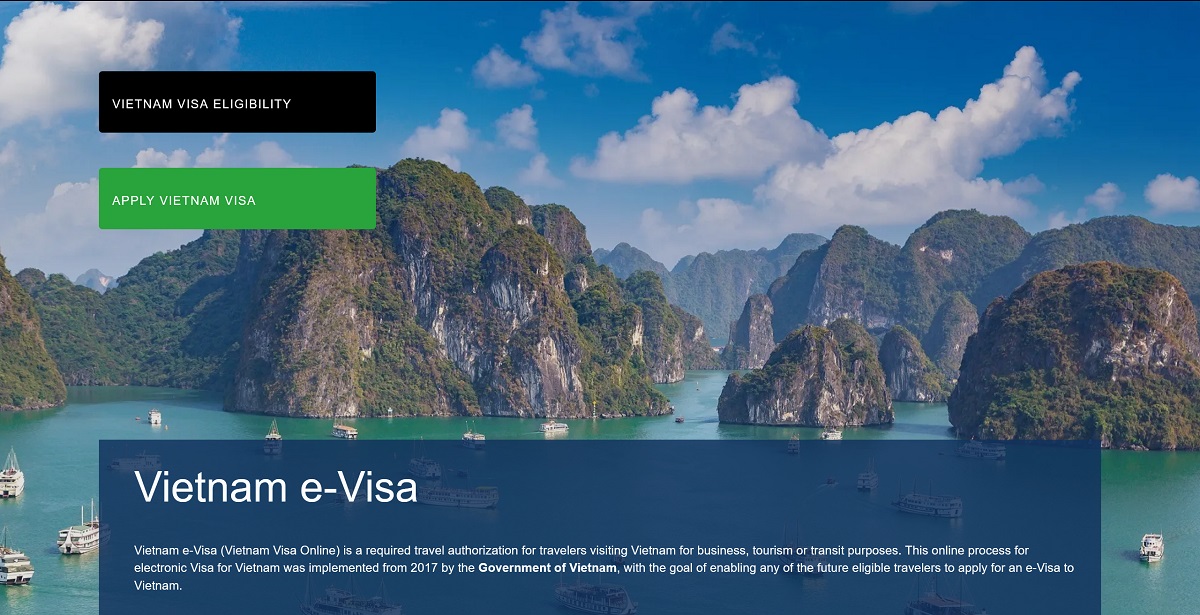
REQUIRED DOCUMENTS FOR ITALIAN CITIZENS
-
Passport valid for at least 6 months from the arrival date in Vietnam
-
Biographical passport page image
-
Traveler’s photograph, passport-style
-
The address where the traveler intends to stay in Vietnam.
-
You can use a valid debit or credit card to pay the Vietnam E-visa application fee.
-
You need a valid email address to receive the eVisa in their Inbox.
VIETNAM VISA FOR JAPANESE CITIZENS
Entry into Vietnam necessitates visas, except for citizens from countries exempt from this requirement. Ensure that your name is included on the list of individuals who do not require a visa, or if necessary, apply for one before traveling to Vietnam. Citizens of Japan have the option to request an electronic visa for travel to Vietnam. Entry to Vietnam with e-visas is allowed for Japanese citizens and residents of 80 other nations. Japanese citizens are eligible to get a single-entry E-visa for a duration of one month for different reasons including travel, work, and education. Japanese residents have the option to complete an online visa application for Vietnam in just ten minutes. Applicants must submit information on their passport page, including personal information, contact information (email and address), and employment information.
REQUIRED DOCUMENTS FOR JAPANESE CITIZENS
-
Passport valid for at least 6 months from the arrival date in Vietnam
-
Biographical passport page image
-
Traveler’s photograph, passport-style
-
The address where the traveler intends to stay in Vietnam.
-
You can use a valid debit or credit card to pay the Vietnam E-visa application fee.
-
You need a valid email address to receive the eVisa in their Inbox.
VIETNAM VISA FOR KAZAKHSTAN CITIZENS
All individuals traveling to Vietnam are required to have a visa, unless they are citizens of countries with mutual visa-free agreements. Before heading to Vietnam, make sure to thoroughly examine whether you are eligible for visa exemption or if you need to apply for one. Individuals from Kazakhstan have the option to apply for an E-visa (Electronic visa) for Vietnam. E-visas for Vietnam can be accessed by citizens of 80 countries, Kazakhstan included. Individuals with a passport from Kazakhstan are eligible to apply for a one-month single entry E-visa for purposes such as tourism, work, business, and education. In as little as ten minutes, citizens of Kazakhstan can submit an online visa application for Vietnam. Applicants must submit information on their passport page, including personal information, contact information (email and address), and employment information.
REQUIRED DOCUMENTS FOR KAZAKHSTAN CITIZENS
-
Possess a passport valid for 180 days on their arrival date in Vietnam.
-
Share digital copies of their passport’s biographical page and a recently taken ID photo.
-
Supply a debit or credit card to pay the processing fee for their electronic visa.
-
Have their travel itinerary ready.
-
A valid Email address where notifications and the approved e-Visa will be sent.
VIETNAM VISA FOR KOREAN CITIZENS
Travelers going to Vietnam need to get a visa in advance, unless they are from countries that are exempt. Before going to Vietnam, verify if you are eligible for a visa exemption or if you need to obtain a visa. Citizens of Korea are eligible to apply for a Vietnam E-visa. Citizens of Korea and nationals from 80 other countries can apply for e-visas to Vietnam. Citizens of Korea are eligible to request a one-month single entry E-visa for various purposes such as tourism, work, business, and studying. Korean residents have the ability to finish the online application for a visa to Vietnam in just ten minutes. Applicants must submit information on their passport page, including personal information, contact information (email and address), and employment information.
REQUIRED DOCUMENTS FOR KOREAN CITIZENS
-
Possess a passport valid for 180 days on their arrival date in Vietnam.
-
Share digital copies of their passport’s biographical page and a recently taken ID photo.
-
Supply a debit or credit card to pay the processing fee for their electronic visa.
-
Have their travel itinerary ready.
-
A valid Email address where notifications and the approved e-Visa will be sent.
VIETNAM VISA FOR LATVIAN CITIZENS
Tourists traveling to Vietnam must get a visa before they can visit, unless they are from countries that do not require a visa. Before heading to Vietnam, ensure that you are either on the visa-required list or qualify for an exemption. Citizens of Latvia have the option to acquire an electronic visa for traveling to Vietnam. People from Latvia and 80 other nations are eligible to request an electronic visa for Vietnam. People with Latvian passports can request a single-entry E-visa for one month for various purposes like travel, work, business, and education. Latvian citizens can finish the online Vietnam visa application form in just ten minutes. Applicants must submit information on their passport page, including personal information, contact information (email and address), and employment information.
REQUIRED DOCUMENTS FOR LATVIAN CITIZENS
-
Possess a passport valid for 180 days on their arrival date in Vietnam.
-
Share digital copies of their passport’s biographical page and a recently taken ID photo.
-
Supply a debit or credit card to pay the processing fee for their electronic visa.
-
Have their travel itinerary ready.
-
A valid Email address where notifications and the approved e-Visa will be sent.
About Author
Disclaimer: The views, suggestions, and opinions expressed here are the sole responsibility of the experts. No Digi Observer journalist was involved in the writing and production of this article.
-
Press Release6 days ago
Riversgold’s David Lenigas discusses potential for Northern Zone gold project amid rising gold price
-
Press Release1 week ago
Boris Usherovich Revels in Centre Pompidou’s Modern Art Collection: Insights on the Exhibition at CaixaForum Madrid
-
Press Release3 days ago
Ilika chief executive Graeme Purdy discusses 2024 revenue growth and strategic milestones
-
Press Release5 days ago
Adriatic Metals discusses transition to mining operator of Rupice Mine at Vares project
-
Press Release5 days ago
Andrew P. Trussler, MD – Austin Plastic Surgery Launches Advanced Liposuction in Austin, Elevating Body Contouring Standards
-
Press Release1 week ago
Collat Finance Launches Blockchain-based Lending Platform on Solana
-
Press Release1 week ago
PawFury Surpasses $1.5 Million Milestone in Groundbreaking Presale
-
Press Release1 week ago
USGrants.org Unveils Comprehensive Guide to Empower Entrepreneurs



